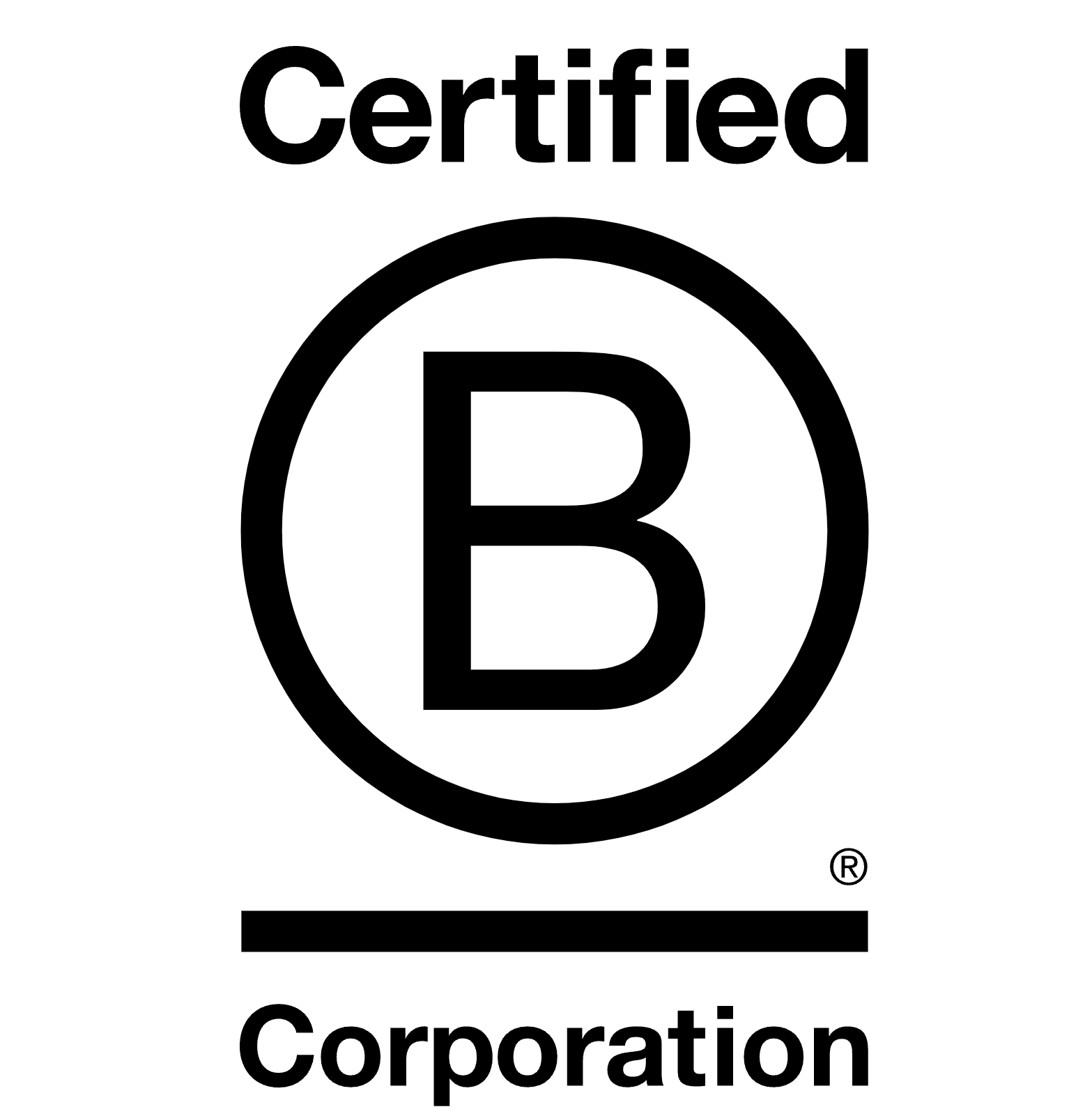How to Explain Career Gaps: Strategies for a Smooth Transition
It’s not out of the ordinary to encounter career gaps. Whether due to personal reasons, further education, or unexpected life events, these gaps can raise questions during job interviews. However, with the right strategies, you can navigate these career gaps with confidence and turn them into a positive aspect of your professional story. In this article, we'll delve into how to explain career gaps effectively, ensuring that potential employers see your value beyond the breaks in your employment history.
Be Honest and Transparent
The first rule of explaining career gaps is to be honest. Transparency is key in building trust with potential employers. If you took time off to care for family members, pursued further education, or faced unexpected life challenges, briefly but honestly share these reasons. Employers appreciate honesty and are often understanding of situations beyond your control.
Highlight Relevant Skills and Activities
While not employed, you likely acquired skills or engaged in activities that are relevant to your career. These could include freelance work, volunteer activities, or even personal projects. Emphasise these experiences on your resume and during interviews. Highlight how they have enriched your skill set, kept you up-to-date in your field, or provided opportunities for personal and professional growth.
Address the Gap in Your Cover Letter
Your cover letter is the ideal place to briefly address career gaps before moving on to your qualifications. You can mention your break in a positive light, such as how it allowed you to explore new areas, refine your skills, or gain valuable life experiences. Be concise and shift the focus toward your readiness to rejoin the workforce.
Practise Your Explanation
Before the interview, rehearse your explanation for career gaps. Practice with a friend or mentor to refine your delivery. Remember, the key is to confidently convey the value you bring to the table, emphasising how your experiences during the gap have prepared you for the role you're seeking.
Showcase Your Adaptability
One of the advantages of career gaps is the opportunity they provide for personal growth and adaptability. Use examples from your gap period to demonstrate how you've developed resilience, problem-solving skills, or the ability to thrive in changing environments. These are attributes that many employers highly value.
Stay Current
If your career gap has involved a break from your industry, make sure to stay current with the latest trends and updates. Consider taking online courses or attending workshops to demonstrate your commitment to staying relevant in your field.
Seek Refresher Opportunities
If you feel your skills need refreshing after a career gap, explore refresher courses or certifications. These can bolster your confidence and demonstrate your commitment to ongoing professional development.
Network Effectively
Networking is an essential part of explaining career gaps. Leverage your professional network to gain insights into potential job opportunities. Personal recommendations can help shift the focus away from your gap period and emphasise your suitability for the role.
Improve the way you explain career gaps today
In conclusion, explaining career gaps is an essential skill in today's job market. By being honest, highlighting relevant experiences, and showcasing your adaptability, you can confidently address these gaps and demonstrate your value to potential employers. Remember, career gaps are part of your unique professional journey, and with the right approach, they can become stepping stones to your next successful career chapter.
If you're looking for your next career in sustainability, apply online or get in touch today.






